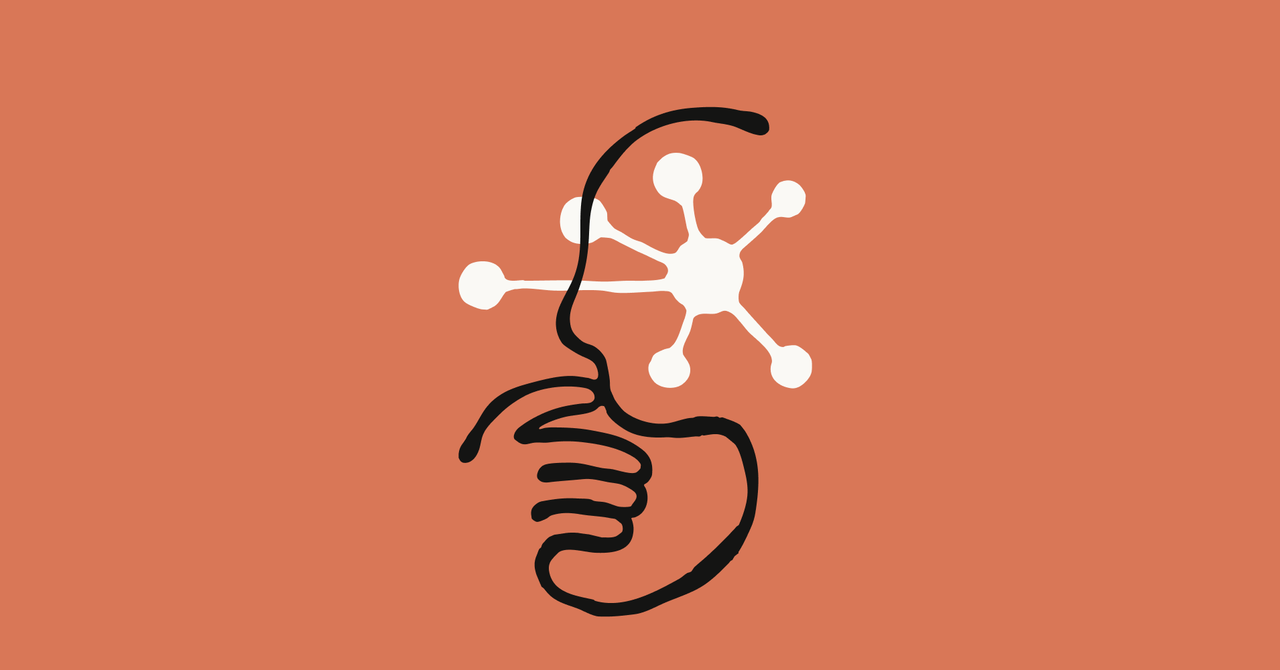Breaking: Anthropic Unveils Revolutionary AI That Thinks Like Humans and Machines Combined

Anthropic's Claude 3.7: A Breakthrough in Adaptive Problem-Solving
In the rapidly evolving world of artificial intelligence, Anthropic has unveiled a groundbreaking feature in its latest language model, Claude 3.7, that promises to revolutionize complex problem-solving. This innovative capability allows users to precisely calibrate the model's reasoning depth, enabling it to tackle challenging intellectual tasks with unprecedented flexibility.
Unlike traditional AI models that follow a fixed reasoning approach, Claude 3.7 introduces a dynamic reasoning mechanism. Users can now instruct the model to engage in a specific number of reasoning steps, tailoring its analytical process to the complexity of the problem at hand. This means that whether you're solving a intricate mathematical proof or unraveling a complex strategic scenario, Claude 3.7 can adapt its cognitive approach with remarkable precision.
The model's ability to modulate its reasoning represents a significant leap forward in AI technology. By allowing controlled depth of analysis, Claude 3.7 can provide more nuanced, context-aware solutions that go beyond simple pattern matching. Researchers and professionals across various fields—from scientific research to business strategy—can now leverage an AI that thinks more dynamically and strategically.
As artificial intelligence continues to push boundaries, Anthropic's latest innovation demonstrates that the future of AI lies not just in raw computational power, but in intelligent, adaptable reasoning capabilities.
